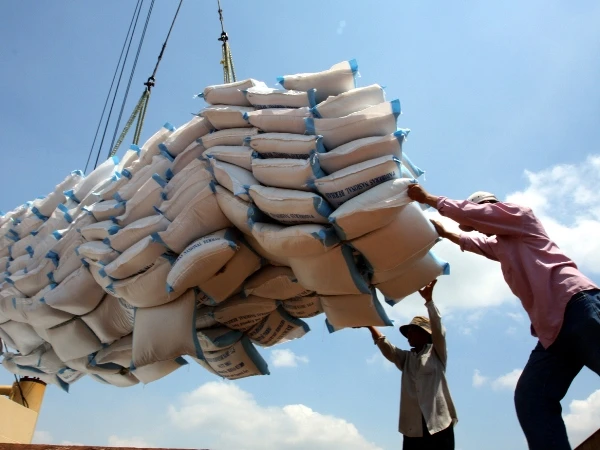Vietnamese exporters have proactively diversified their markets from the start of the year to mitigate risks as they may soon face significant tax hikes globally, said industry insiders and experts.

HÀ NỘI Vietnamese exporters have proactively diversified their markets from the start of the year to mitigate risks as they may soon face significant tax hikes globally, said industry insiders and experts.
Chairman of the members’ council at Saigon Industry Corporation (CNS), Nguyễn Phi Long, said CNS has made plans for a scenario in which it faces higher tariffs. CNS’s export portfolio includes high-quality plastic products and moulds, primarily headed to Europe and the US.
“Trade defence investigation, however, has become a real concern,” Long said.
In 2024 alone, the US initiated 11 trade defence cases against Vietnamese exports, accounting for roughly one-third of the 32 cases across 12 other markets. Investigated goods included solar panels, shrimp, corrosion-resistant steel, moulded fibre trays and paper plates. Investigations into cross-border subsidies further complicate matters. Meanwhile, other products, including plywood, wooden cabinets, hot-rolled steel and truck tyres, have been flagged for potential trade defence actions.
He said Vietnamese exporters must seek strategies to enhance product quality and diversify export markets as a countermeasure for global trade uncertainties.
According to a Ministry of Industry and Trade report, Việt Nam has established trade relations with over 200 countries and territories. In 2024, the ten largest export markets for Việt Nam were led by the US, with an export turnover of US$119.6 billion, followed by China ($50.8 billion), the EU ($42.3 billion), South Korea ($21 billion), and Japan ($20.1 billion).
“To increase exports to the US, domestic businesses should collaborate with local importers and distributors to select products of clear origin,” said Đỗ Ngọc Hưng, Việt Nam's trade counsellor in the US.
He advised exporters to import raw materials from the US to help balance trade. Strengthening understanding and compliance with trade defence regulations is a proven way to help businesses minimise risks and ensure smooth operations.
General Director of ABC Bakery, Kao Siêu Lực, said that Vietnamese businesses should develop market share for premium products when they are capable. In 2024, ABC Bakery’s export orders increased by 40 per cent compared to the previous year, thanks to investments in producing products for export to Japan. The company has secured orders to produce up to June 2025, with 60 containers per month heading for Japan. While exporting to nearby markets has significantly reduced logistics risks, businesses must align their production and materials with new market segments to stay competitive.
Economists advised businesses to adapt to new trade flows by continuously improving product quality, seeking technological solutions to optimise costs, enhancing automation through high-tech applications and artificial intelligence (AI) and accelerating digital transformation and green initiatives to meet global sustainability standards.
In addition, researching and using new raw materials to reduce dependence on imports and lower production costs is also essential. Strengthening direct and indirect export channels while securing positions in global supply chains will help mitigate risks in strict markets. VNS





